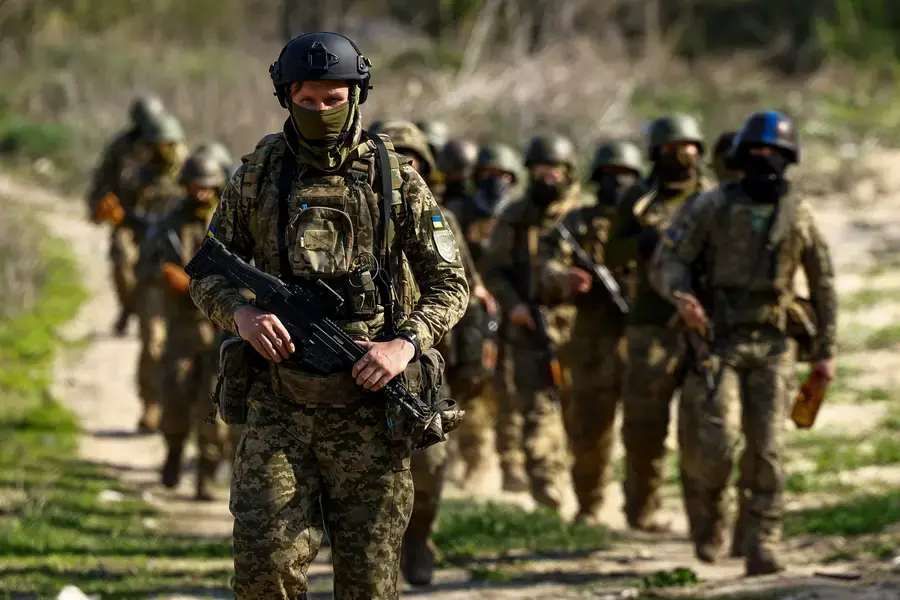The President’s Inbox Recap: Russia, Ukraine, and Global Instability

Jim recently had Michael Kimmage, a history professor at the Catholic University of America and author of the new book Collisions: The Origins of the War in Ukraine and the New Global Instability, as a guest on The President’s Inbox. They discussed the origins and consequences of the war in Ukraine.
Russia, Ukraine, and Global Instability, With Michael Kimmage
Michael Kimmage, a history professor at the Catholic University of America and a senior associate with the Europe, Russia, and Eurasia program at the Center for Strategic and International Studies, sits down with James M. Lindsay to discuss the origins of Russia’s war in Ukraine and its repercussion for the global order.
Here are five highlights from their discussion:
1.) The war in Ukraine reflects a collision between world powers. Michael argued that the war in Ukraine is as much a collision between Russia and Europe and between Russia and the United States as it is a collision between Russia and Ukraine. He put it this way, “You have these three collisions... [and] the noun should be plural to indicate…that it's not one war really but it’s multiple wars occurring simultaneously in and around Ukraine.”
More on:
2.) Ukrainian instability contributed to Vladimir Putin’s decision to invade Ukraine two years ago. The war in Ukraine didn’t begin in 2022. Michael pointed to Ukrainian President Viktor Yanukovych’s fall from power in 2014 as a turning point that created “an enormous power vacuum in Ukraine.” Putin seized on the opportunity to fill that vacuum. In Michael’s view, Russia might not have moved into Crimea and the Donbas region in 2014 in the absence of that power vacuum.
3.) Russia has exploited Ukraine’s unique vulnerabilities. Ukraine shares a long border with Russia that is hard to defend. It has experienced its fair share of political instability since gaining independence in 1991, and it isn’t protected by any significant security agreement. Michael acknowledged that many Ukrainians consider the Budapest Memorandum of 1994, a memorandum of understanding in which Russia, the United Kingdom, and the United States pledged “to respect the independence and sovereignty and the existing borders of Ukraine,” to be a security agreement. He noted, however, “that for almost everybody in the foreign affairs business…there's a space between a memorandum of understanding and an ironclad Article Five security commitment. And that's why debates about Ukraine's NATO membership, which began in earnest after 2008, after the Bucharest NATO Summit, those were such serious debates.”
4.) The war in Ukraine has fueled global instability. Michael pointed to the direct and indirect effects of the war. The fighting in one of the world’s more productive agricultural areas and the blockades in the Black Sea directly spurred inflation and food insecurity that has been felt by much of the world. But the war has also strengthened what might be called the axis of the aggrieved states—Russia, Iran, and North Korea. Michael noted that Iran and North Korea have openly supplied arms to Russia. The indirect effect of that development is the “new kinds of dependency that Russia has on these two countries... [Consequently], these two countries have become more emboldened in the last year, year and a half.”
5.) U.S. and European support for Ukraine will determine the war’s outcome. Michael argued that Western support for Ukraine is no less urgent today than it was when Russia first attacked Kyiv two years ago. “It’s not about Ukraine precipitously losing the war if the U.S. doesn't get its act together and commit itself to sustain support for Ukraine,” he cautioned, “but the deterioration in the war that could result from U.S. inaction will have its own momentum.”
If you’re looking to read more of Michael’s analysis of the war, check out this piece he recently co-wrote for Foreign Affairs with Liana Fix—a fellow for Europe at the Council—on the threat posed by former President Donald Trump to U.S.-Europe relations. Michael and Liana also analyzed possible scenarios and their potential outcomes for Foreign Affairs in 2022.
More on:
 Online Store
Online Store